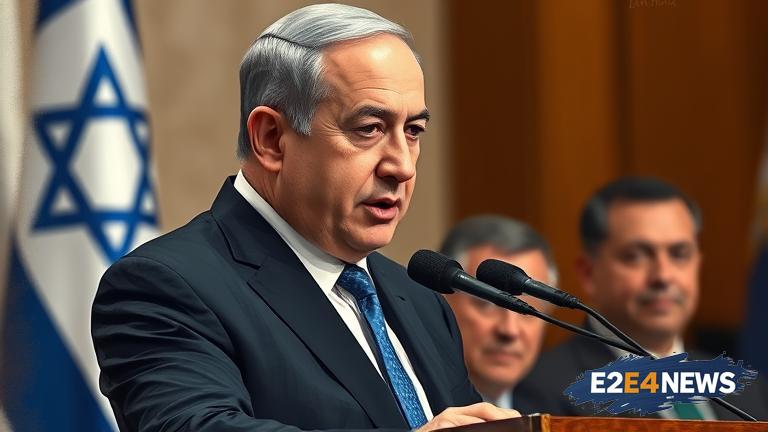The ongoing conflict between Israel and Hamas has resulted in the loss of lives, including those of journalists. Israeli Prime Minister Benjamin Netanyahu has publicly expressed his regret over the deaths of journalists, stating that their loss is a tragedy. He emphasized that the Israeli military’s fight is with Hamas, a terrorist organization, and not with the media or innocent civilians. Netanyahu’s statement comes amidst escalating tensions and violence in the region. The conflict has sparked widespread condemnation and calls for peace from the international community. The Israeli government has maintained that its actions are necessary to protect its citizens from Hamas’s rocket attacks and other forms of aggression. However, critics argue that the Israeli military’s response has been disproportionate and has resulted in unnecessary harm to civilians, including journalists. The deaths of journalists have been particularly troubling, as they are considered neutral parties who are simply reporting on the conflict. Netanyahu’s acknowledgement of the tragedy is seen as a step towards recognizing the importance of protecting journalists and civilians in conflict zones. Despite this, the conflict shows no signs of abating, with both sides dug in and refusing to back down. The international community has called for a ceasefire and a return to negotiations, but so far, these efforts have been unsuccessful. The conflict has also had a significant impact on the region, with many countries expressing concern over the escalating violence. The United States, in particular, has been criticized for its support of Israel, with some arguing that it has emboldened the Israeli government to take a harder line against Hamas. The European Union has also been involved in efforts to broker a peace agreement, but so far, these efforts have been met with limited success. As the conflict continues, there are fears that it could spread to other parts of the region, drawing in other countries and causing even more instability. The situation remains volatile, with both sides exchanging blows and neither showing any signs of backing down. The deaths of journalists have also raised questions about the safety of reporters in conflict zones and the need for greater protection. Many journalists have been injured or killed while reporting on the conflict, highlighting the risks they face in doing their job. The Israeli government has faced criticism for its treatment of journalists, with some accusing it of deliberately targeting them. However, Netanyahu’s statement suggests that the government is taking steps to address these concerns and to protect journalists in the future. Ultimately, the conflict between Israel and Hamas is complex and deeply entrenched, with both sides having legitimate grievances and concerns. A lasting peace agreement will require a willingness to compromise and to find a solution that addresses the needs of both parties. Until then, the conflict is likely to continue, causing harm to civilians, including journalists, and destabilizing the region.
